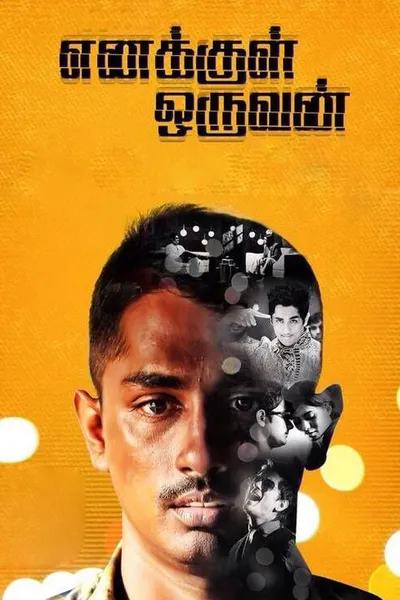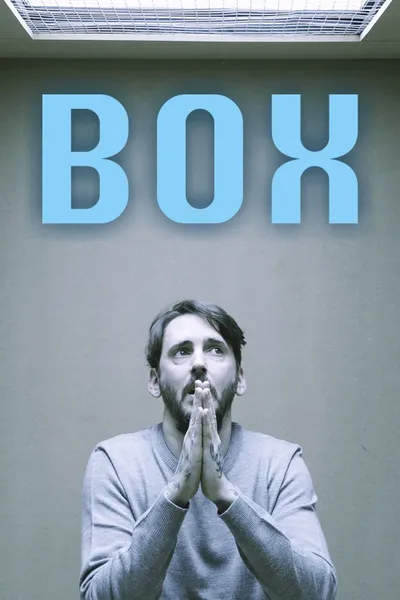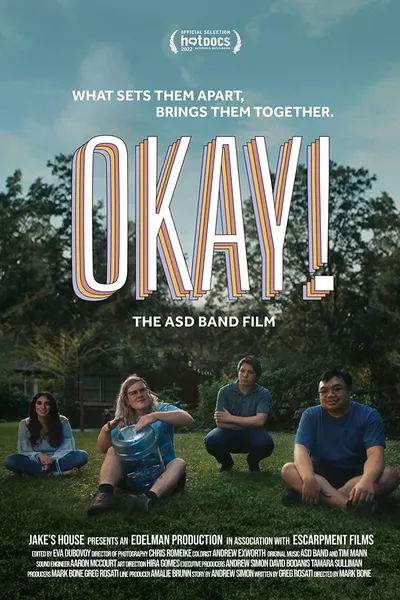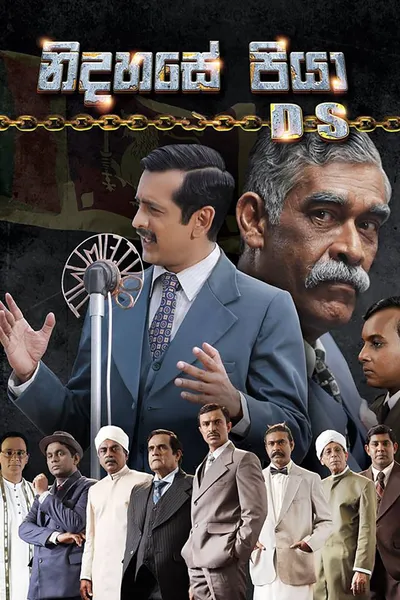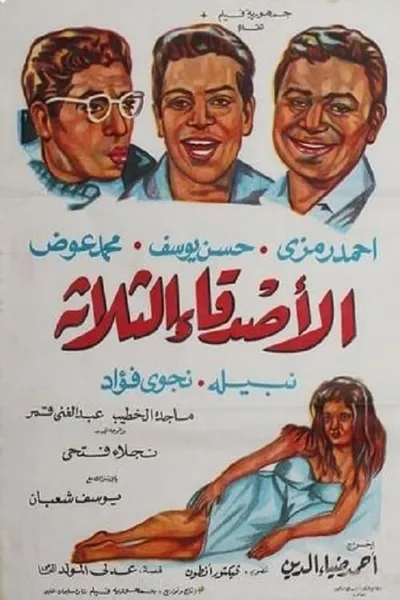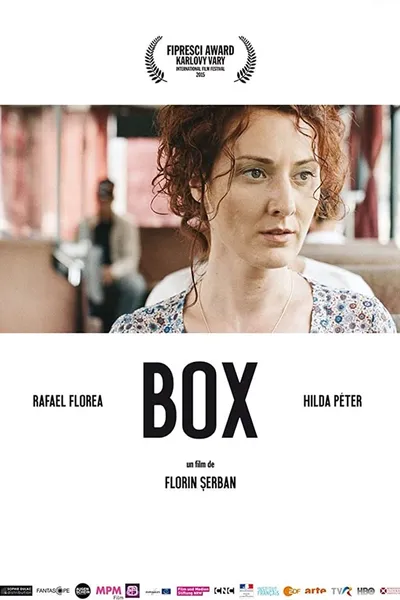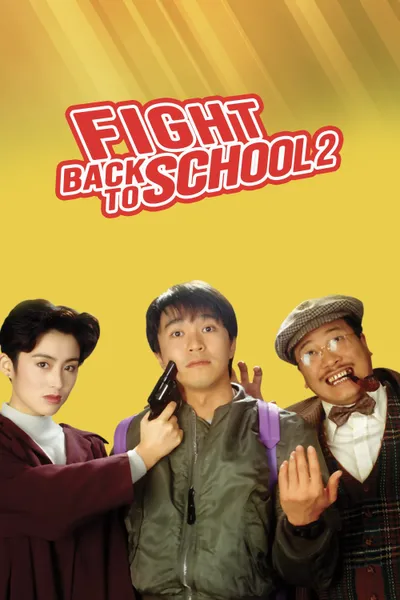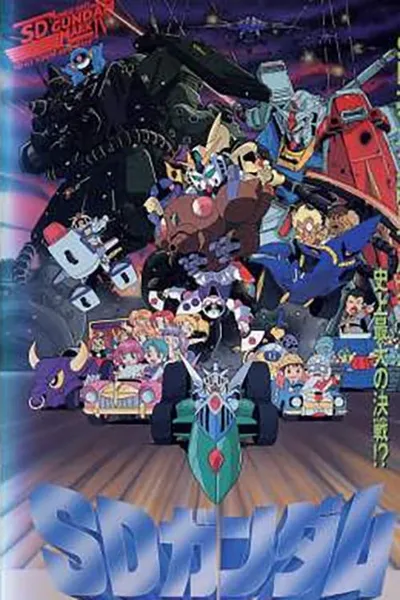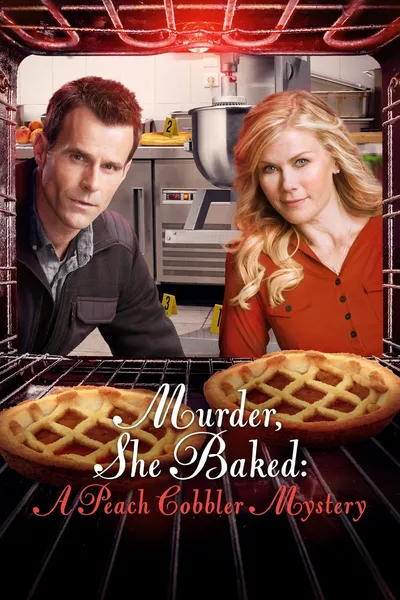Reviews
timesofindia
March 13, 20155.0
Like Stalin Ramalingam's Kaadu, Thoppi also deals with tribal people and their way of life. It is set in Kurinjimedu, a remote village in a mountain, where reside a clan of robbers, led by Suruttu Saamy, a veteran robber, who is also their priest. As we saw in Vasantabalan's Aravani, thievery is these people's way of taking care of their stomachs and they perform it with ritualistic fervour. But not Sithan. A 20-something fellow, Sithan aspires to become a cop (we even get a back story on why he badly wants to be one) and acts as an informer for the local police, who are always the first ones to be pulled up whenever a robbery is committed in the surrounding areas.
Sithan is befriended by inspector Kuzhanthaisamy, who uses him to solve crimes. The Minister for Hindu Religious and Charitable Endowments orders the cop to find a stolen film reel box (the film is, of course, Alibabavum 40 Thirudargalum), and Sithan finds out that it contains rice pulling iridium and submits it to the authorities instead. This angers the cop and the minister wants him dead. Meanwhile, Sithan gets into a tussle with Suruttu Saamy, which eventually results in him losing out at the police trials. And, Kuzhanthaisamy gets an opportunity to get rid of him and murders him. What happens following this is the suspense.
Thoppi unfolds as a flashback with a constable narrating the tale of Sithan to the new inspector, who has come to the hill station after the mysterious deaths of the previous two inspectors. Youreka has most of the elements to give us a whodunit in the vein of say, Murder On The Orient Express. Were they murdered by the community angered by Sithan's fate or did they actually two commit suicide? Or, is there something else at play here? But this subject needed a tighter script, sharper filmmaking and better performances. Instead, we get scenes that seem routine with performances that are at best functional and visuals that remind us of many recent rural films. It doesn't help that the cinematography is by M Sukumar, who also shot Mynaa, Kumki and Mosakutty, so the film's visual tone is hardly different.
There is some offbeat humour that comes across well. One character takes orders for school and college certificates, passports and gives doctoral degrees, even to the cops. In one scene, representatives from the traders association give Suruttu Saamy insurance money so that their shops will be spared. And, at the police recruitment trials, when a superior officer remarks on the poor numbers, a cop wittily tells him that everyone goes to IT these days.
And the ending is somewhat of a surprise. We think we more or less know how it's going to turn out but the revelation on who actually committed the murders is unpredictable. But we keep wishing for the scenes to be more impactful. And, the central conflict of the cop's inferiority complex and his growing jealousy isn't brought out well. The director has complained that the producer has cut scenes considerably in the second half without his knowledge and thus ruining his film. Perhaps, the director's cut was more engaging. For now, we have to settle for a film that is modestly engaging but doesn't fulfill its initial promise.
Recommendation Movies
Enakkul Oruvan2015
Box2021
Okay! (The ASD Band Film)2022
Mobile Suit SD Gundam Mk I1988
Father of Independence2018
The Three Friends1966
Box
Inside Asda: Bigger, Better, Cheaper?2020
Mantra Warrior: The Legend of The Eight Moons2023
Box2015
War2005
Fight Back to School 21992
Naruto to Boruto: The Live 20192019
SDU: Sex Duties Unit2013
Mobile Suit SD Gundam Mk IV1990
Live Spectacle NARUTO ~Song of the Akatsuki~2021
Murder, She Baked: A Peach Cobbler Mystery2016
Murder, She Baked: A Plum Pudding Mystery2015
R-Rated Idol Seung-ha's Sex Scandal2020
© 2024 MoovieTime. All rights reserved.Made with Nuxt
